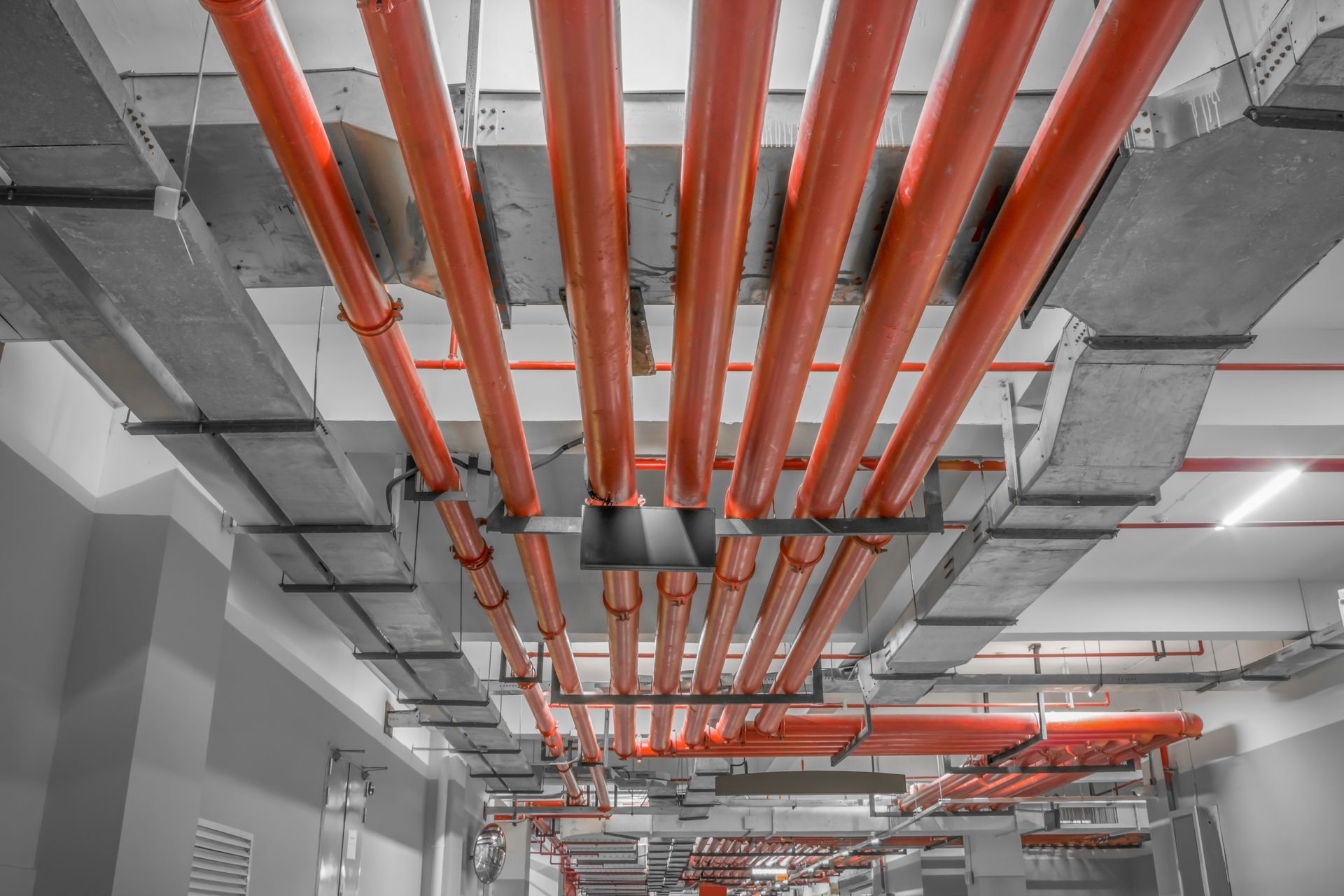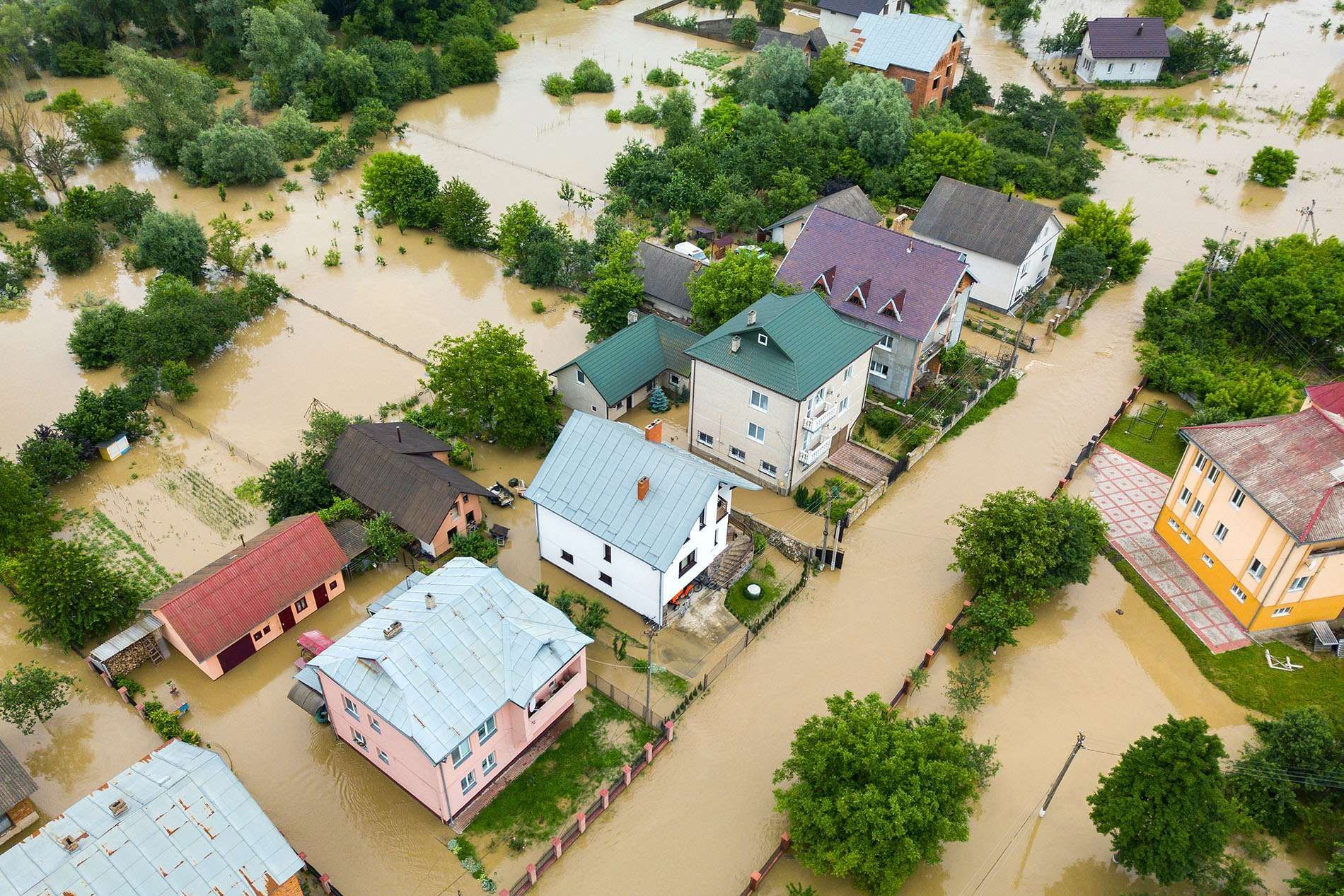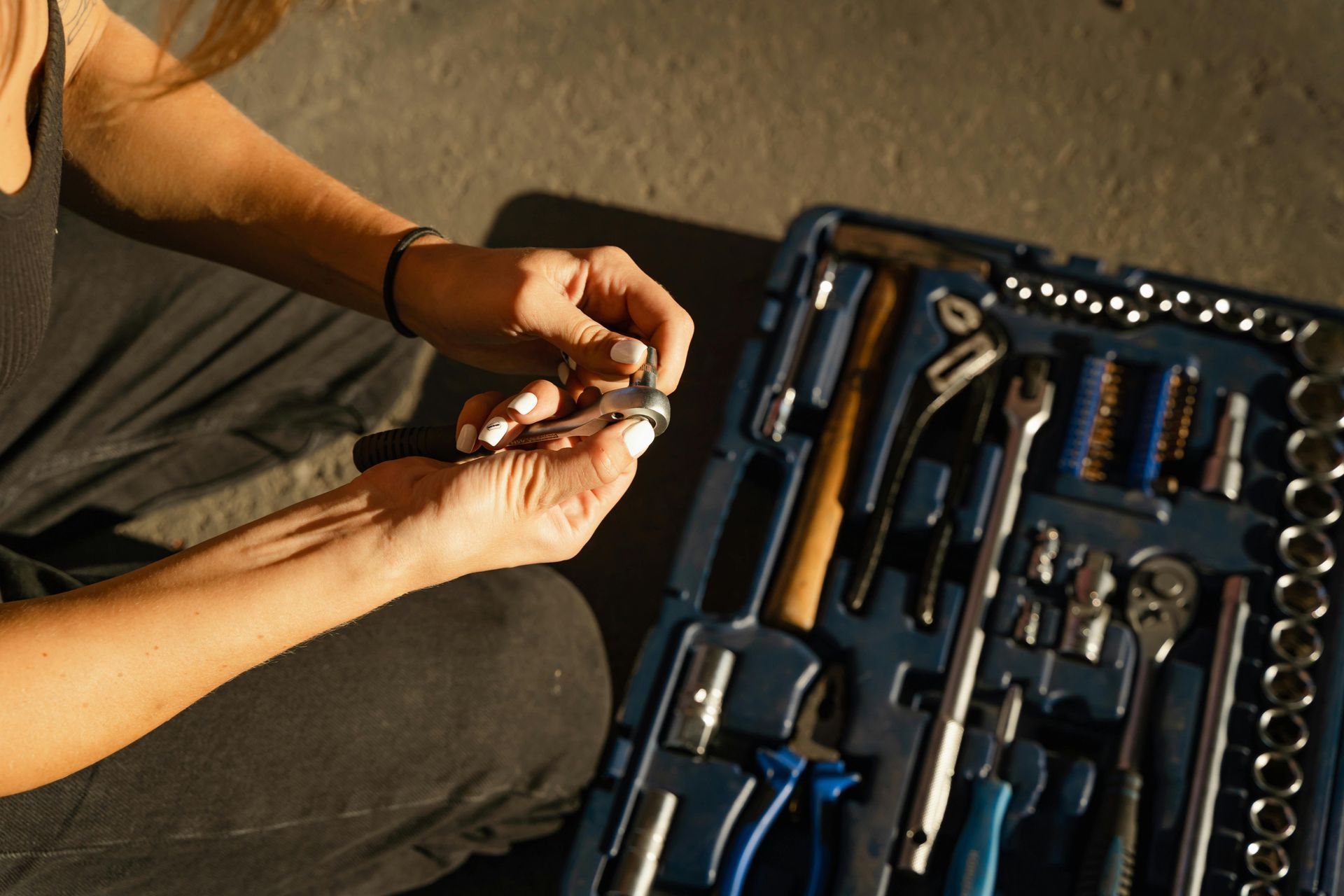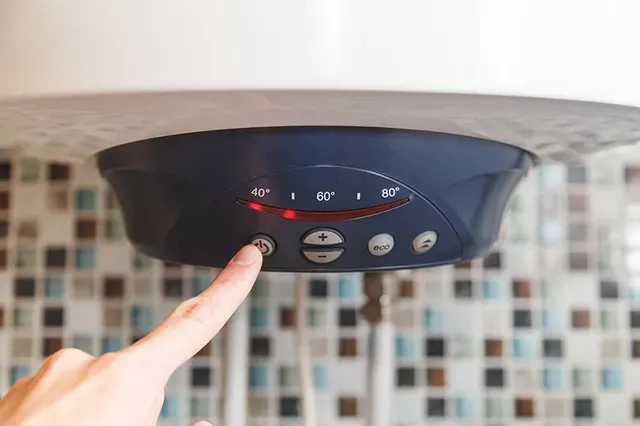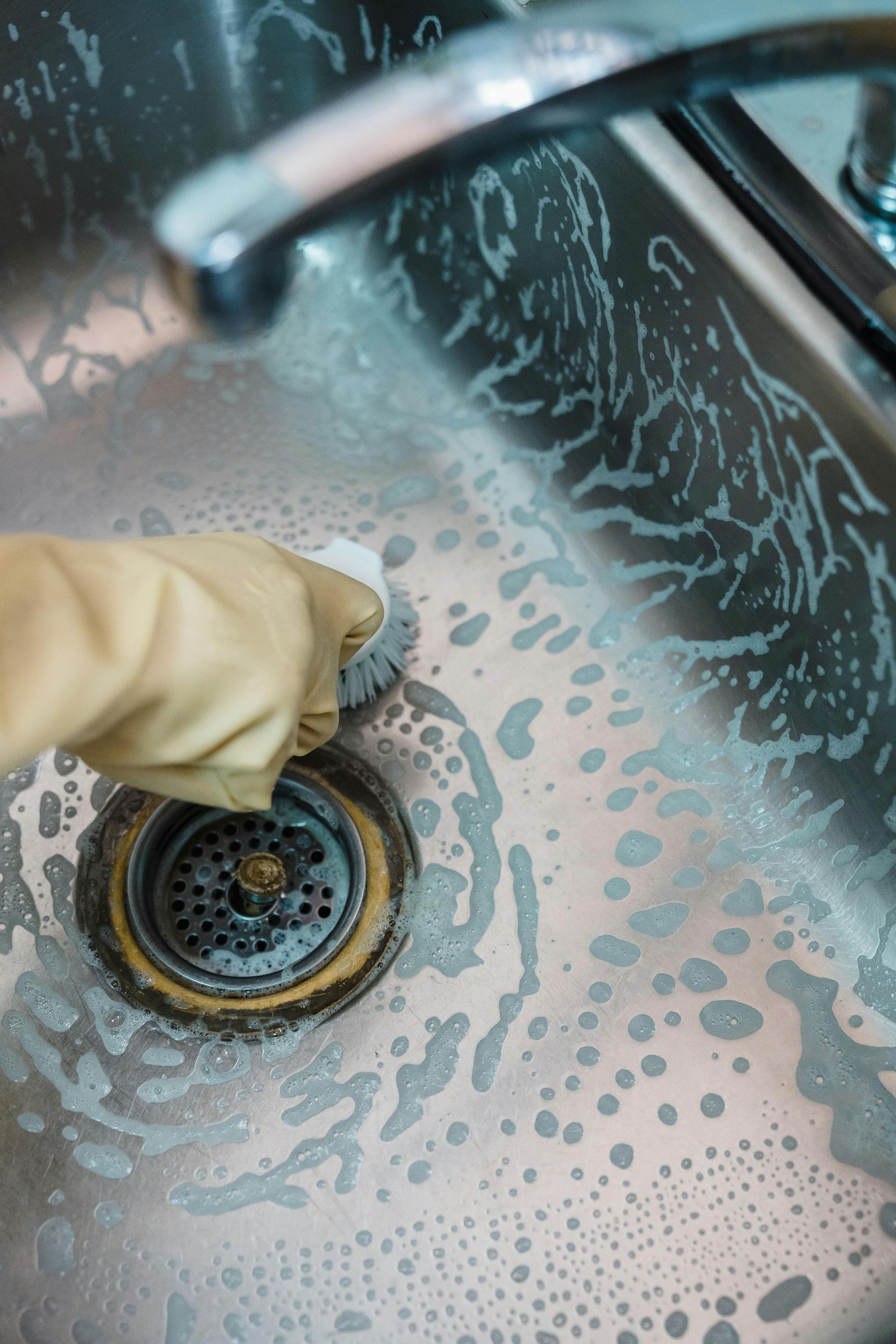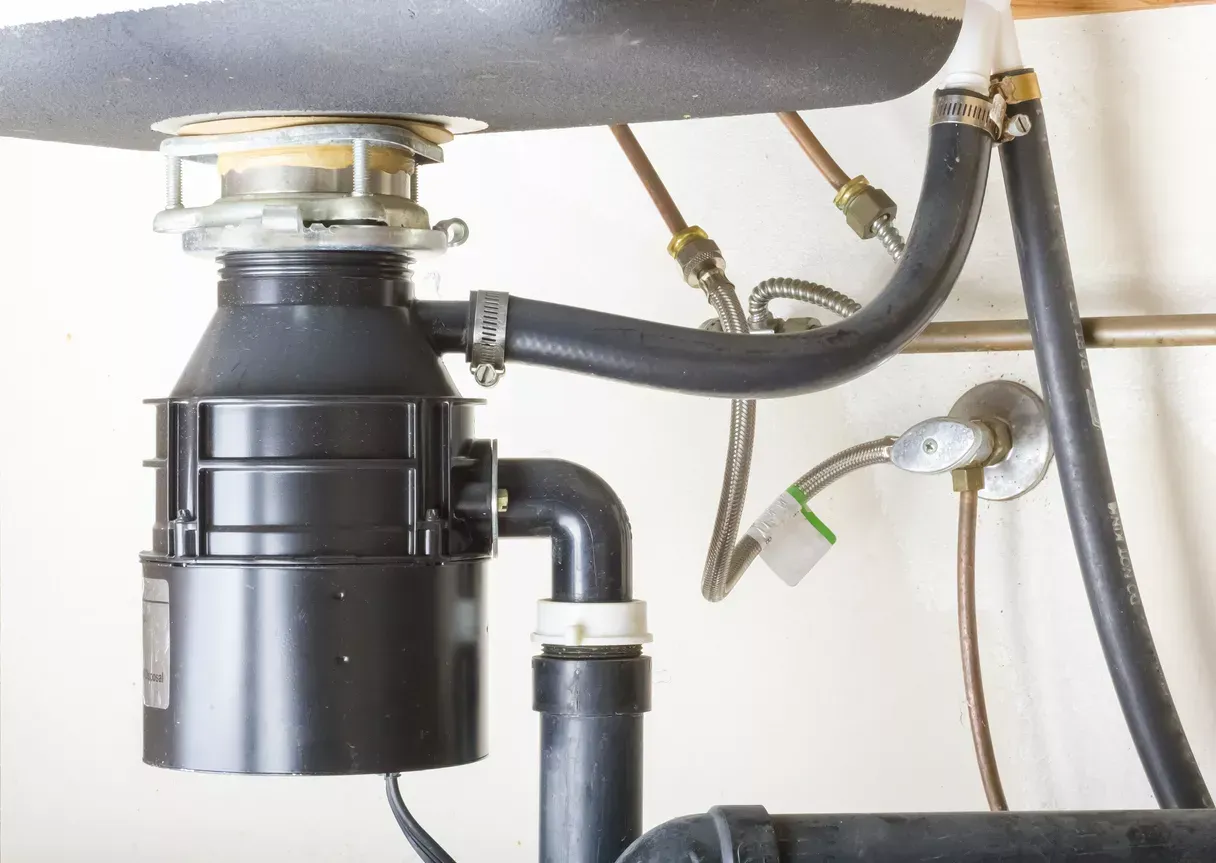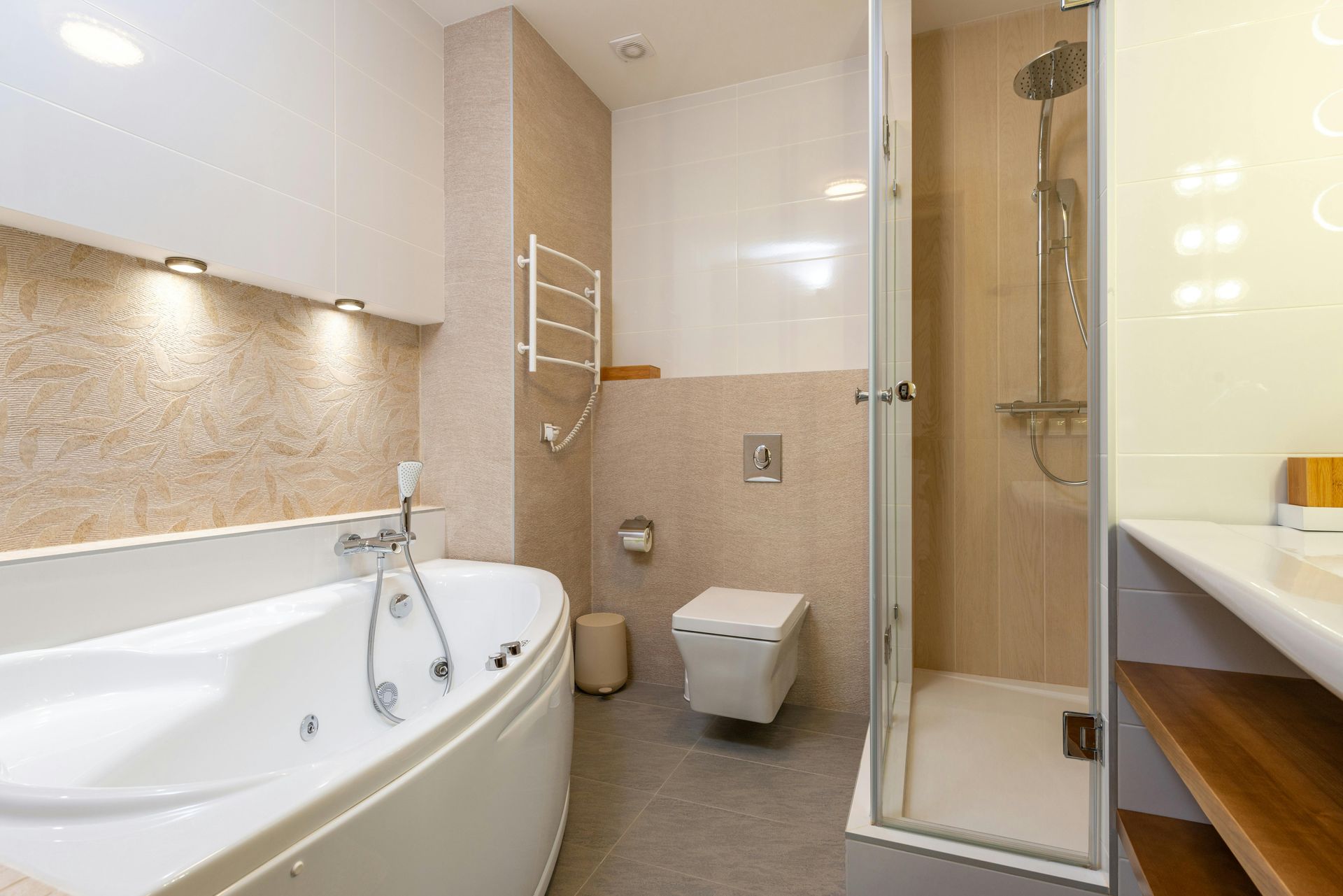What Does It Mean When Water Comes Up from the Shower Drain?
Few things are more unsettling than stepping into your shower, only to find water unexpectedly rising from the drain. It's a frustrating, sometimes messy, and often alarming issue that signals a deeper plumbing problem. Understanding why this happens can help you tackle the issue head-on and prevent further complications. Whether it’s a minor blockage or a major plumbing malfunction, knowing the causes and solutions can save you time, money, and stress.
This article will take you through the potential causes of water backing up into your shower drain, how to fix the problem step by step, the risks involved, expert recommendations, and preventive measures to keep your plumbing in top shape.
The Importance of Regular Plumbing Maintenance
Causes: Why Is Water Coming Up from Your Shower Drain?
1. A Clogged Drain Line
One of the most common culprits behind water backing up into your shower is a clog in the drain line. Over time, hair, soap scum, dirt, and mineral deposits build up inside the pipes, restricting water flow. When the blockage becomes severe, water has nowhere to go and starts coming up through the lowest available drain—often your shower.
2. Blocked Main Sewer Line
If water is not only backing up in your shower but also affecting other drains in your home, the problem may stem from a clogged main sewer line. This is a serious issue because it can lead to wastewater flooding your home, creating health hazards. Common causes include tree root infiltration, grease buildup, and non-flushable items obstructing the pipes.
3. Vent Pipe Issues
Your plumbing system relies on vent pipes to balance air pressure and allow wastewater to flow freely. If these vents become blocked—by leaves, debris, or even birds’ nests—the air pressure can be disrupted, leading to slow drainage and backups.
4. Septic Tank Problems
For homes with septic tanks, an overfilled or malfunctioning tank can cause wastewater to back up into sinks, tubs, and showers. If your septic tank hasn't been pumped in a long time, it might be time for maintenance.
5. Heavy Rainfall and Sewer Overflows
In some cases, excessive rainfall can overwhelm municipal sewer systems, causing water to push back through home drains. If you notice backups occurring only after heavy rain, this could be the issue.
Solutions: How to Fix Water Backing Up in the Shower Drain
Step 1: Try a Plunger
Before jumping to conclusions, use a plunger on the shower drain to see if you can dislodge a simple clog. Ensure there’s enough water to create a good seal and plunge vigorously several times.
Step 2: Use a Drain Snake
If plunging doesn’t work, a drain snake (also called a plumber’s auger) can help break apart stubborn clogs. Insert the snake into the drain, turn it, and pull out debris. This method is particularly effective for hair and soap buildup.
Step 3: Clean the P-Trap
The P-trap is the U-shaped pipe beneath your drain, designed to trap debris and prevent sewer gases from entering your home. If it’s clogged, removing and cleaning it can restore proper drainage.
Step 4: Check Other Drains in the House
If multiple drains are slow or backing up, the issue may be with the main sewer line. At this point, DIY methods might not be enough, and professional assistance is recommended.
Step 5: Call a Plumber for a Sewer Line Inspection
If the problem persists, a licensed plumber can conduct a camera inspection of your sewer line to pinpoint the blockage. They might recommend hydro jetting (high-pressure water cleaning) or, in severe cases, pipe replacement.
Risks Involved: Why Ignoring the Problem Can Be Dangerous
1. Health Hazards from Sewage Backup
If wastewater is backing up into your home, it may contain harmful bacteria and pathogens that pose serious health risks. Prolonged exposure can lead to respiratory issues, skin infections, and gastrointestinal problems.
2. Structural Damage to Your Home
Persistent water backups can weaken flooring, walls, and support structures. Mold growth is also a risk, leading to costly repairs and potential health concerns.
3. Increased Plumbing Costs
What starts as a minor clog can escalate into a costly plumbing disaster if left unaddressed. A damaged sewer line or corroded pipes may require extensive repairs or replacements.
Expert Recommendations: How to Prevent Future Drain Backups
1. Regular Drain Cleaning
Schedule routine drain cleaning with a professional plumber to prevent clogs from forming. Using enzyme-based drain cleaners periodically can also help keep pipes clear without damaging them.
2. Proper Waste Disposal
Never pour grease, coffee grounds, or non-biodegradable items down your drains. Dispose of waste properly to avoid unnecessary blockages.
3. Install a Drain Strainer
Using a drain strainer in your shower can catch hair and debris before they enter the pipes, significantly reducing the risk of clogs.
4. Check for Tree Root Intrusions
If you have trees near your sewer line, consider having a plumber inspect your pipes periodically to prevent root damage.
5. Regular Septic Tank Maintenance
For homes with septic systems, regular pumping and maintenance can prevent overflows and backups.
Conclusion: Take Action Before It’s Too Late
Water backing up from your shower drain is more than just an inconvenience—it’s a warning sign that something is wrong with your plumbing system. Whether it’s a simple clog or a serious sewer line issue, taking immediate action can prevent costly damage and health hazards.
If you’re dealing with a minor blockage, DIY methods like plunging or using a drain snake might do the trick. However, if the problem persists, don’t hesitate to call in a professional. Preventive maintenance and good plumbing habits can go a long way in keeping your drains running smoothly. After all, a functioning plumbing system is key to a stress-free home!


